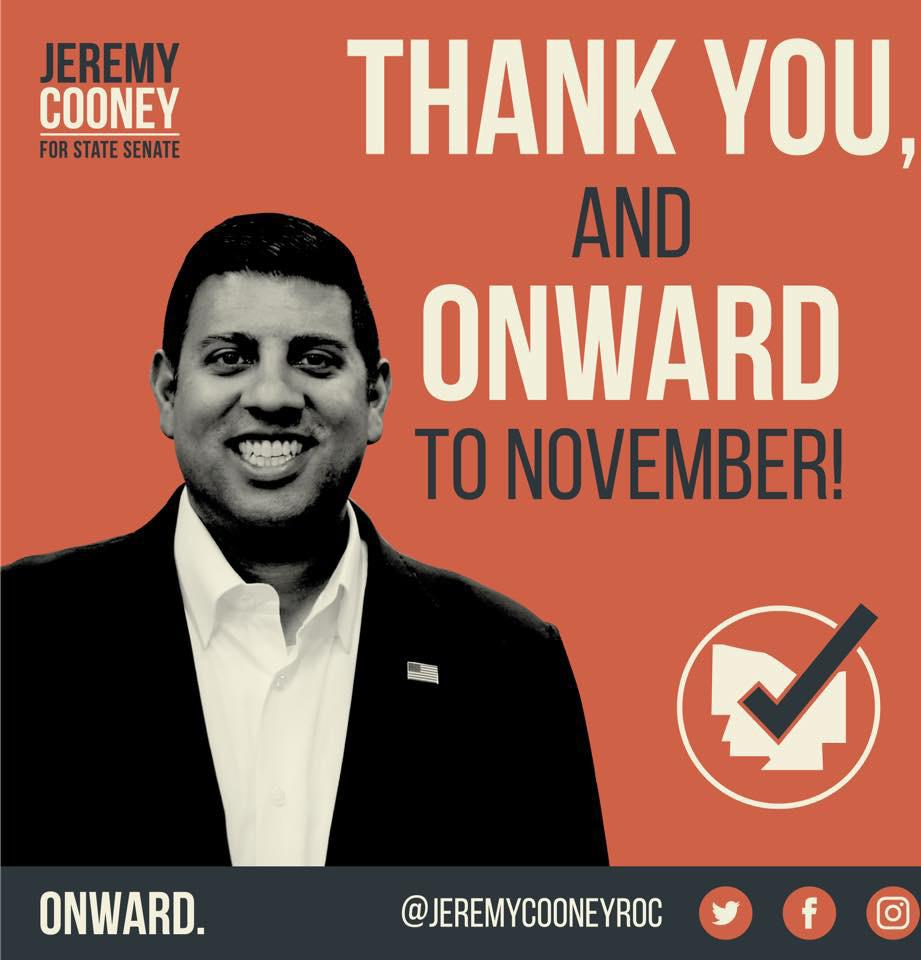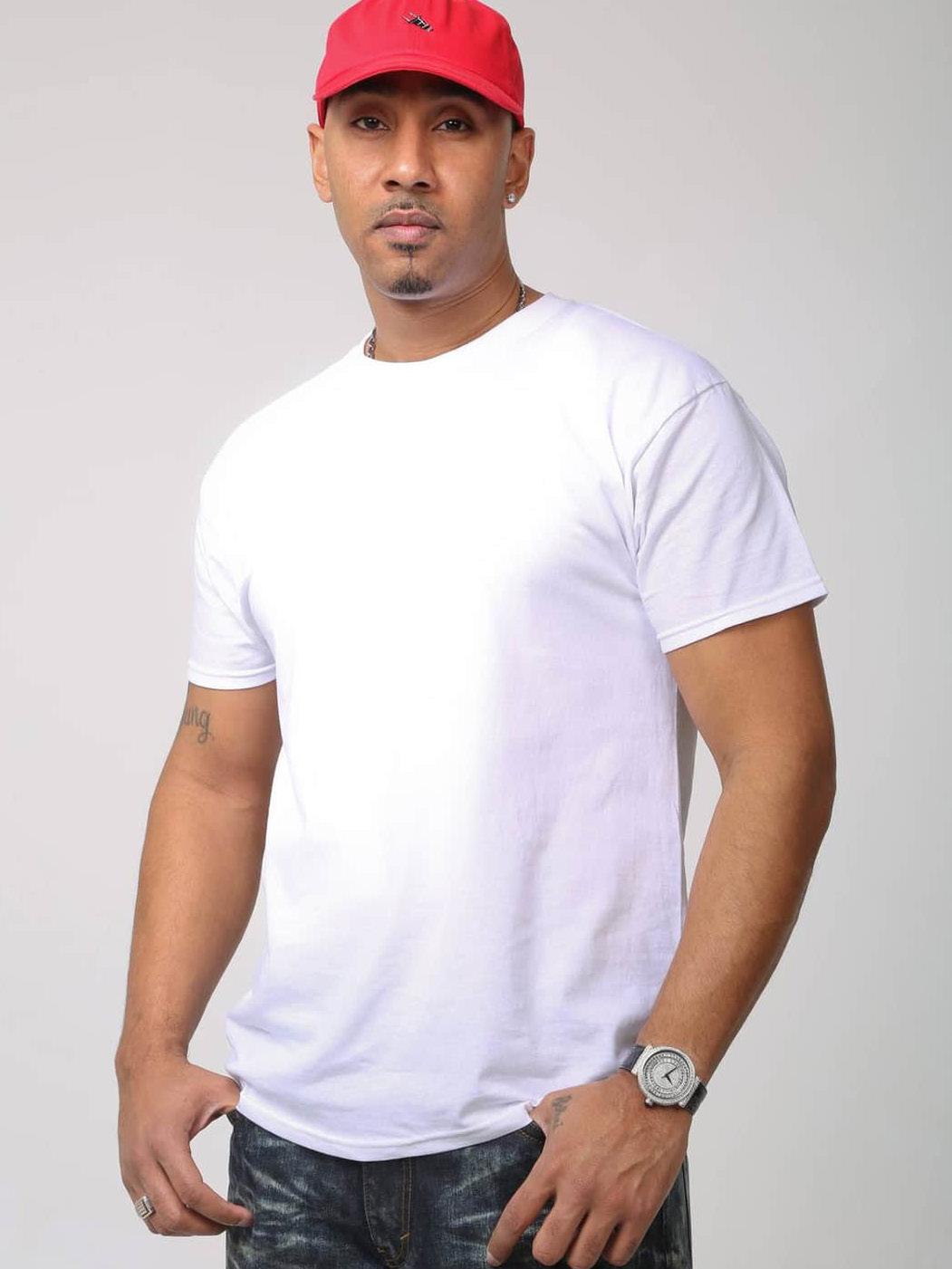
4 minute read
RW POLITICS
{ ROCHESTER WOMAN POLITICS } CAMPAIGNING DURING A PANDEMIC
New York State on pause: no meetings, campaign rallies or door to door campaigning. How are our political candidates handling the difficulties of running a campaign in the midst of a worldwide pandemic? You might think this task overwhelming. I reached out to several candidates to ask. Highly respected and beloved 25th District Congressional incumbent Joe Morelle, Jeremy Cooney, running for New York State Senate, District 56 and ChaRon Sattler-Leblanc candidate for New York State Assembly in District 133. Surprisingly, not so much. Different, certainly. Requiring new ideas and new thinking, yes! What each of these potential public servants did was work to their ideals.
Advertisement
They have varying degrees of experience in the political arena, but all reacted similarly. Congressman Morelle is obviously very experienced. But he has to represent us in Congress and run a campaign during this national crisis, certainly no small feat. We asked what he saw as the biggest challenge. “The lack of physical outreach to my constituents. I am a door to door guy”. For him, knocking on doors and talking to people keeps him up to date on the constantly changing needs of his community and is a part of the task he loves.
But the Congressman suspended his campaign in March despite a primary challenge. He felt strongly that the
BY TERRY DANIELE
needs of his constituents had to come first. Joe rolled up his sleeves and got right to work as our representative. He worked directly with Adam Bello and Doctor Mendoza to ensure our most vulnerable population was cared for. He personally inquired of community organizations and individuals, “Are you okay? Are you safe? What do you need? How can I help you?” He was there for Town Hall meetings to answer questions from constituents. He worked with the
United Way and food banks all over the county. He worked tirelessly to get Monroe County to a place that we might start to re-open. Congressman Morelle’s campaign started again in mid-May. He reports challenges for sure, but left us with two thoughts. “First, let us try to find balance, calm and thoughtfulness during this difficult time. Second, let us all make a contribution to each other by helping each other and working together as a society”. Jeremy Cooney also suspended his campaign. “I picked my community over my campaign. We went right to it”. He volunteered for different community organizations including Jewish Family Services. He personally delivered meals to people. He worked with local food cupboards. He was quick to notice a gap in the system. Children could not get books to read. After all, we had put Monroe County on pause. “Our schools were closed, our libraries were closed, kids had no way to access books”. Jeremy set up a book drive. He posted on his social media accounts the need he had for books for our kids. “Well, it exploded”. He was able to collect more than 6000 books. He and a group of his volunteers had contactless pick up in driveways and on porches throughout his district. He was able to arrange for a local trucking company to donate their truck and time to deliver the books to local food cupboards. When families came in for food, they could also get books for their children. Cooney said “Being a government leader means filling the voids”.
This is ChaRon Sattler-Leblanc’s first run for office. ChaRon is the Senior Director of Academic Success at Rochester Institute of Technology. Her challenges were a bit different. She had a campus of students and two children of her own to keep safe. And run for office. Charon worked closely with Livingston County. She too noticed the food cupboards were doing an incredible job

of food distribution and was there to lend her support, coordinating a food drive for Livingston County’s Office of the Aging. She learned many seniors were using their resources to feed their pets and included pet food in the drive.
She attended rallies in several communities in support of Black Lives Matter, and discovered the leaders of these gatherings lacked equipment for the speakers. She transported her own mobile equipment to rallies and provided a Bluetooth microphone system so their voices could be heard.

The original intent of this article was to reach out and uncover what obstacles existed to a campaign. As it turns out, it wasn’t about what candidates couldn’t do during this pandemic, but what they could and did do. Yes, it is difficult to run right now. Not being able to knock on doors is tough, that really is the best way to meet the constituents. These candidates did not focus on the negative. They reached for positive ways to help. The best way to campaign now is to do the same things you hope to do while in office, serve your constituents. At the end of the day, it was impossible after talking to these incredible people to put to paper the negative.











